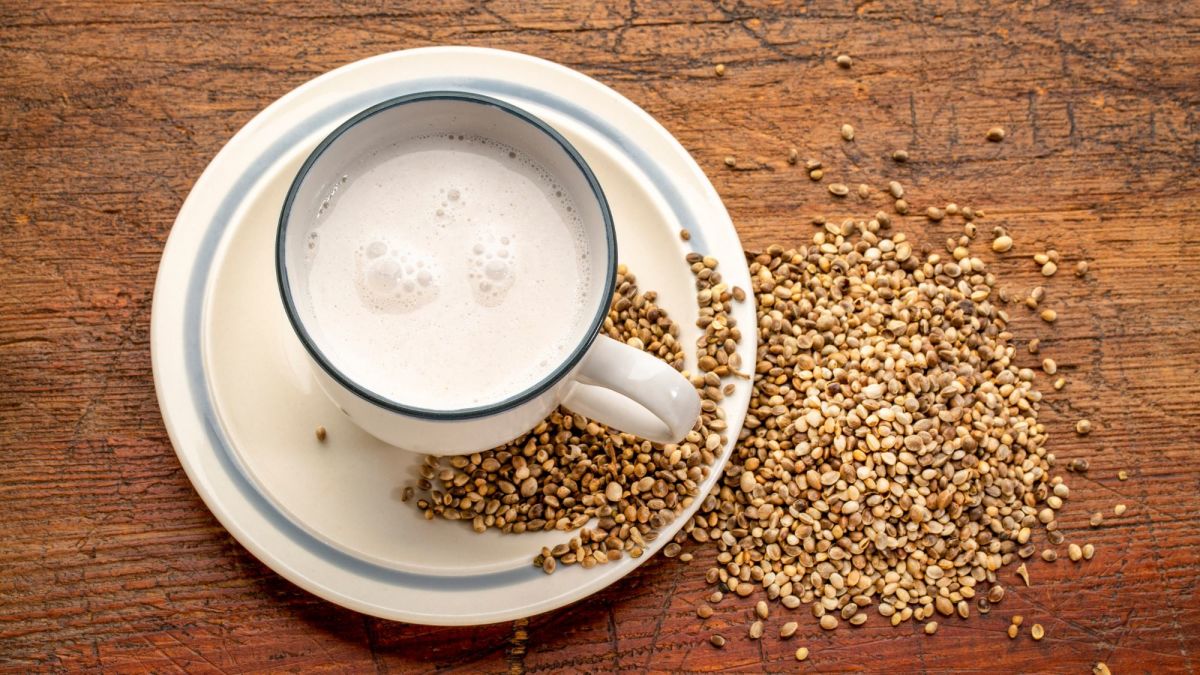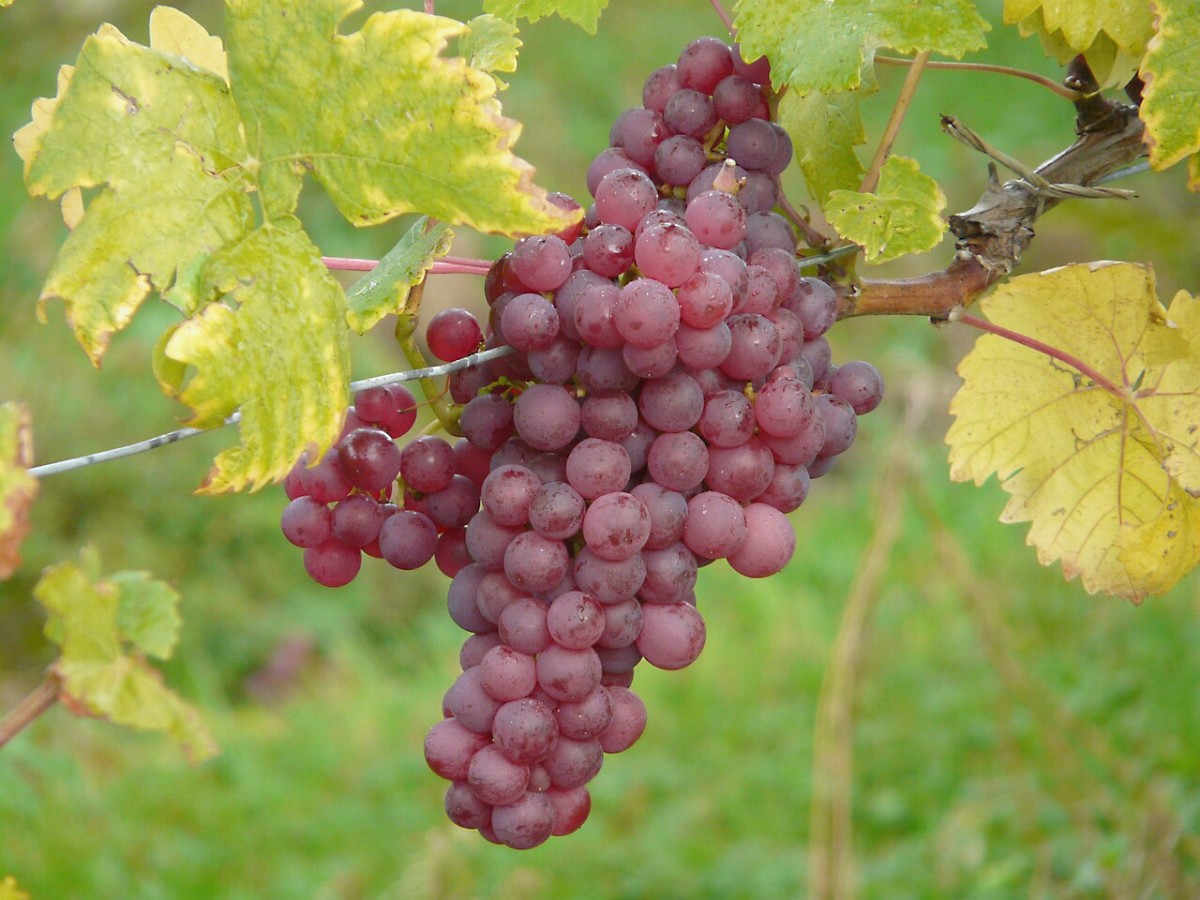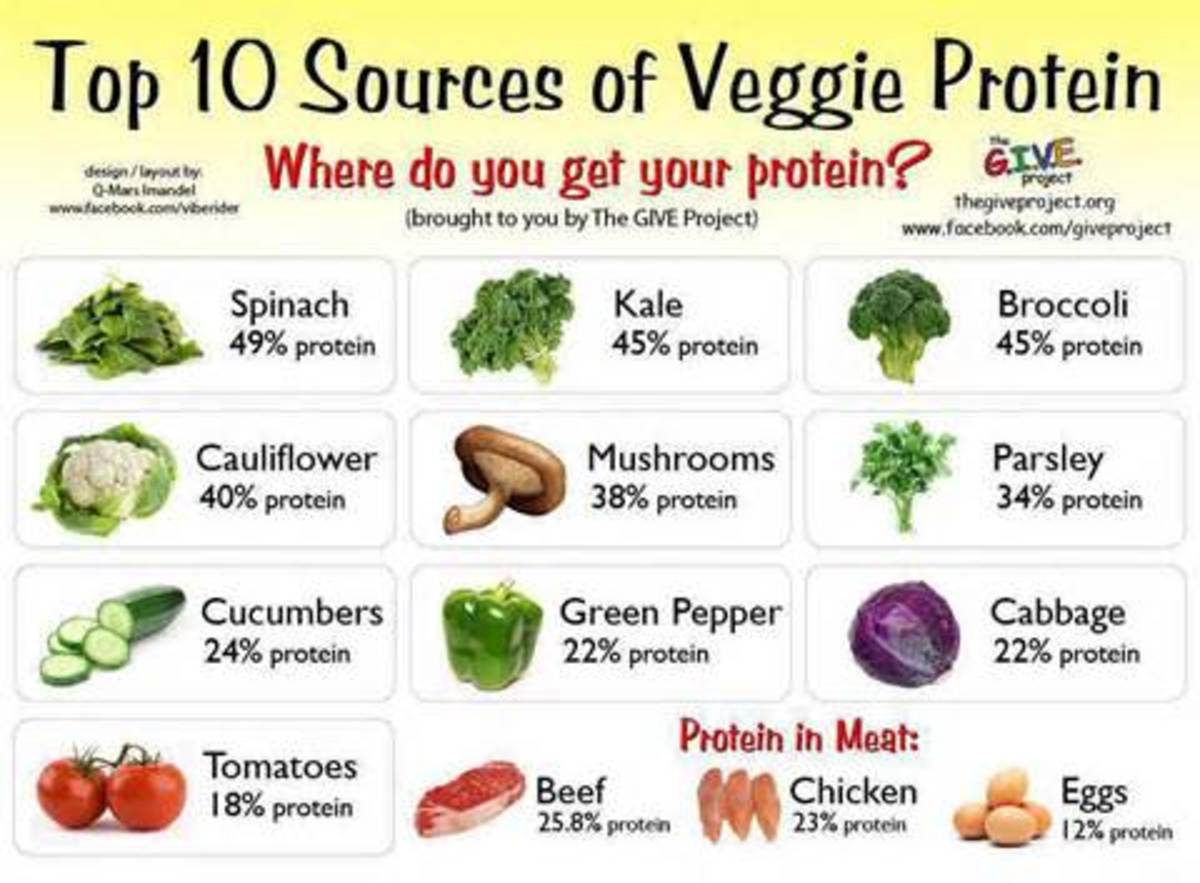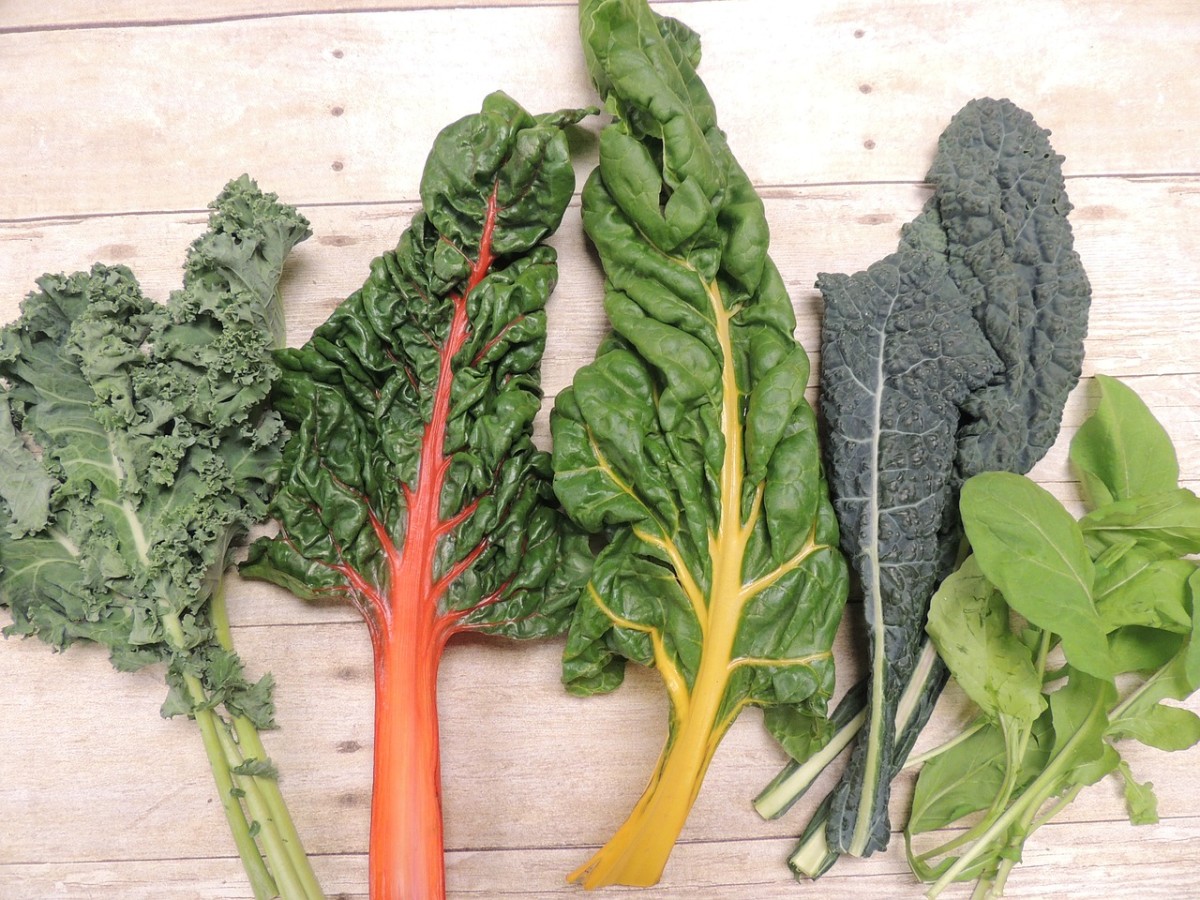Add these Foods to Your Diet to Maintain Your Eye Health
Which is the best food for your eyes?
Eyes are delicate organs which need to be taken care of because losing them is traumatic. You can improve your eyesight naturally, or maintain their functioning for longer through a keen selection of the food you eat. As Hippocrates stated, "Let food be thy medicine and medicine be thy food."
The best foods for your vision contain certain compounds which you need for your eyes because they are present in different parts of the eye. This information, though simply presented, is based on in-depth research to ensure that it is factful and based on expert conclusions which have been undertaken by eye health experts.
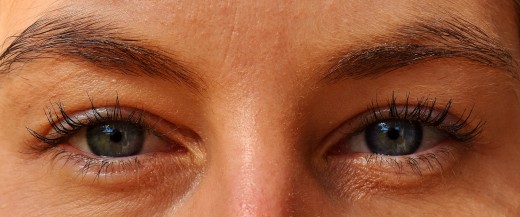
Nutrients Needed for Eye Health
Vitamins
Vitamin A has an important role in eye health since it is found in the retina and supports night vision.
Vitamin C is a protective agent for the eye. It may help to reduce the risk of getting eye problems associated with cataracts, glaucoma, and macula (center of vision) degeneration.
Vitamin E is also a powerful antioxidant needed by the macula region of the eye to reduce degeneration. It also helps to prevent eye diseases such as cataracts.
Minerals
Zinc helps to reduce the chance of macular degeneration hence, slows down aging-related blindness.
Copper also plays a protective role for the eye by reducing macular degeneration and development of cataracts
Selenium is a facilitator of the Vitamin E action in the body. Together they protect against cell damage in the eye.
Sulfur is an important mineral for the eye because it can keep away cataracts.
Carotenoids
Carotenoids are natural yellow pigments in plants which are also present in the macular region of the eye, specifically the Macula lutea. Research in vision has established that carotenoids are necessary nutrients for the eyes. Combine foods containing carotenoids with dietary fats to enhance their absorption in the body.
Lutein is a pigment found in plants, which plays a role in the prevention of eye complications associated with aging such as macular degeneration.
Zeaxanthin occurs together with lutein in certain plants and is suggested to have similar importance to the eyes like lutein.
Omega 3 fatty acids
Omega-3 fatty acids promote eye health by improving the functioning of the retina. Omega-3s help to fight eye diseases that affect the retina and tear glands.
Now that you know which compounds you require for optimum eye health, continue reading to see a list of foods that contain these beneficial nutrients for preserving vision.

How to Improve Your Eyesight
Carotenoids are natural yellow pigments in plants which are also present in the macular region of the eye, specifically the Macula lutea. Research in vision has established that carotenoids are necessary nutrients for the eyes.
Carotenoids Vegetables
| Carotenoid fruits
|
|---|---|
carrots,sweetpotatoes, tomatoes, bell peppers, peas, butternut (squash)
| watermelon, oranges, tangerines,mangoes, plums, apricots,
|
Summarised table of vegetables and fruits with carotenoids
Best Foods for Maintaining Your Eyesight
This list of eye foods contains the aforementioned nutrients which protect and improve the functioning of the eyes. Undoing damage is difficult, but you can prevent more damage by eating healthy types of food to meet your eye nutrition needs.
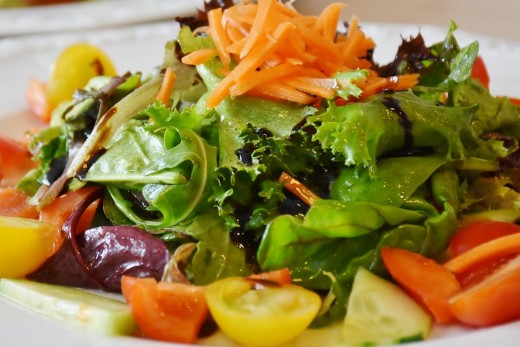
1. Leafy Green Vegetables. They have plenty of nutrients which are beneficial for your eyes like Vitamin A, Vitamin C, and carotenoids. Leafy green vegetables include spinach, kale, broccoli, and collards. Eat them raw or cook a bit to avoid losing the essential vitamins.
2. Orange or yellow vegetables. The bright color is a sign of the presence of carotenoids in the form of beta-carotene (which converts to Vitamin A) whose presence in your eye is of the greatest benefit. Think of carrots, capsicum, sweet potatoes and tomatoes.
3. Citrus Fruits. Grapefruits, oranges, tangerines, and lemons are rich in Vitamin C, hence they contain antioxidant properties which are important for the eye. Meaning that they prevent cell damage in the eye which might be a result of oxidation.
4. Legumes. There are so many legumes available in nature which you can prepare deliciously to help your eyes. Examples include beans, black-eyed peas, and peanuts. Legumes are a great source of zinc.
Let food be thy medicine and medicine be thy food
— Hippocrates5. Meats. Beef, liver, and chicken are high in zinc thus, they good foods for your eyes
6. Eggs. Hard-boiled eggs will give you Vitamin E. The egg yolk is especially the richest part. It is simple to boil an egg and eat it as a source of Vitamin E. Also, lutein and zeaxanthin are present in eggs
7. Seeds. Eat seeds rich in Vitamin E, Omega 3 fatty acids or zinc. They include pumpkin seeds, flax seeds, and chia seeds. The best thing about these seeds is that they are tasty and nutritious snacks.
8. Oily fish. They contain Vitamin A and Omega 3 fatty acids which the eye needs. Oily fish include tuna, salmon, and sardines.
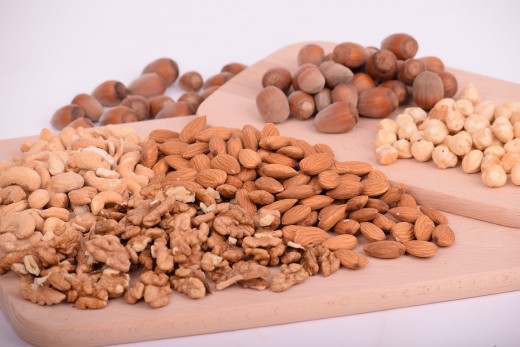
If you have problems with your eye it is advisable to see an eye doctor and seek medical help as soon as possible.
9. Dairy products. Milk, yogurt, butter, and cheese have the valuable Vitamin A, E, zinc, and selenium which your eyes require for survival.
10. Other Fruits. Apart from citrus fruits, apples, peaches, berries (bilberry, strawberry, raspberries) have Vitamins which the eye needs. Avocadoes are a good source of lutein and amounts of zeaxanthin.
11. Onions and garlic. They have high sulfur content which your eye lens requires for strength and proper functioning. Also, onions and garlic help to reduce inflammation in various parts of the human body including in the eyes.

They say eyes are windows to the soul. Whether you believe that or not, the fact is eyes are important so you should take proper care of them. One way of caring for your eyes is by having a regular healthy and balanced diet. As you have read in this article, it is clear that lots of food in nature are good for your eyesight and they will benefit other parts of your body as well.
References
Abdel-Aal, E. S. M., Akhtar, H., Zaheer, K., & Ali, R. (2013). Dietary sources of lutein and zeaxanthin carotenoids and their role in eye health. Nutrients, 5(4), 1169-1185.
Augustin, A. J. (Ed.). (2005). Nutrition and The Eye: Basic and Clinical Research (Vol. 38). Karger Medical and Scientific Publishers.
Congdon, N. G., & West, K. P. (1999). Nutrition and the eye. Current opinion in ophthalmology, 10(6), 464-473.
Demmig-Adams, B., & Adams, R. B. (2013). Eye nutrition in context: mechanisms, implementation, and future directions. Nutrients, 5(7), 2483-2501.



